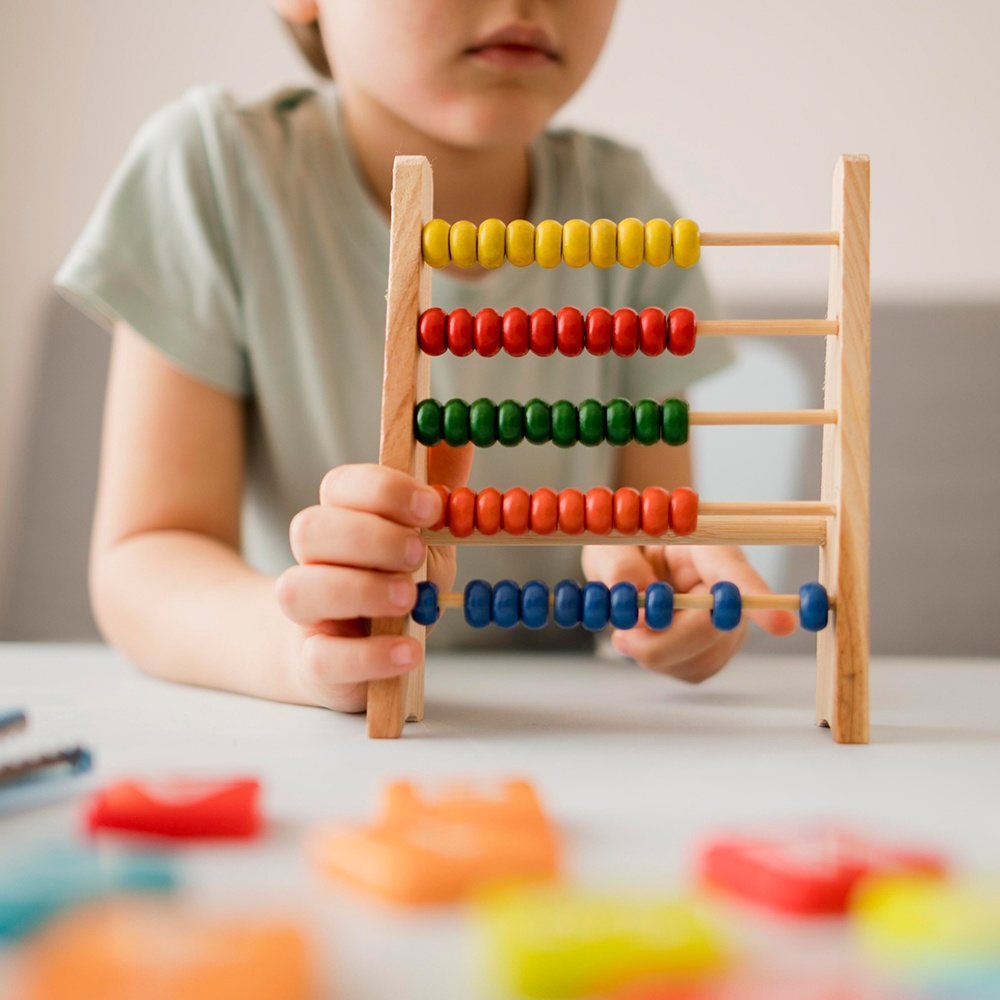Do you want to do the calculation with your hand? Alternatively, do you want to learn mathematics with fun? If your answer is yes, then you should start to learn about the abacus. Abacus is one of the best tools which helps you to do the calculation with a finger, and you can learn this fast. It helps you develop the cognitive skill and develop your left-side brain. If this is such a good solution, so how can Abacus promote better learning and cognitive skills in children?
Better Science Skills: Now, technology is something which has a better future, and if you want your children to have good scientific skills, then they should be strong in math. Abacus helps the student to clear out the fundamentals and helps in strengthening the logical muscle of the mind. It helps the student to put in a good mind frame and become more analytical in nature. This helps them to think more clearly and logically. It can be seen that students can learn other subjects faster like physics, chemistry who learned abacus.
Concentration: One of the best things about the abacus is it helps increase concentration. Concentration is one of the most important elements of student life. It helps to focus for a longer period of time and learn fast. Now your children can develop fast problem solving and faster decision-making skills.
Easy Schooling: There are students who are good in mathematics, and some are not. If your child does not like math, then it might be difficult for the life ahead because math subject forms a part of curriculum before graduation and in some case it would be part of rest of the life. To make schooling easy and smooth, it would be a good idea to learn abacus at an early age.
Conclusion
If you want that your children perform good in maths and become logical in nature, then teaching abacus is the best idea. You can contact Kids U for a good teacher who can clear all the fundamental and make your children good in calculations.























